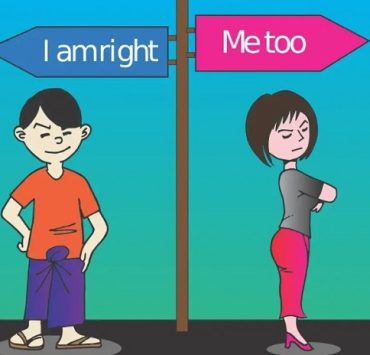The Museums and Monuments Act 2023: Protecting Uganda’s Cultural Heritage

Uganda is a country with a rich and diverse cultural heritage. Uganda Museum was the first to be established in 1908 in East Africa. The first museum was at Fort Luganda and was later relocated to Makerere Margret Trowel, a school of fine art in 1939 and finally to its permanent home in 1954. In order to protect this heritage, the Ugandan government passed the Museums and Monuments Act 2023.
The Museums and Monuments Act 2023 is a comprehensive piece of legislation that provides for the protection, management, and development of museums and monuments in Uganda. The Act defines a museum as “an institution that collects, conserves, exhibits, and interprets for the public a variety of objects, including works of art, historical artifacts, and natural specimens.” A monument is defined as “any structure, object, or place that is of historical, cultural, or architectural significance.”
The Act establishes the Uganda Museum Board, which is responsible for the overall management of museums and monuments in Uganda. The Board is composed of representatives from the Ministry of Tourism, the Ministry of Education, and the National Council of Arts and Culture. The Board has a number of powers, including the power to:
Register museums and monuments
Grant permits for the excavation and export of cultural objects
Develop and implement policies for the protection of cultural heritage
Raise funds for the development of museums and monuments
The Act also provides for the establishment of a number of protected areas, including national parks, wildlife reserves, and archaeological sites. These protected areas are off-limits to the public and are under the jurisdiction of the Uganda Wildlife Authority.
The Museums and Monuments Act 2023 is an important piece of legislation that will help to protect Uganda’s cultural heritage for future generations. The Act provides a comprehensive framework for the management of museums and monuments, and it establishes a number of important institutions, such as the Uganda Museum Board. The Act is a significant step forward in the protection of Uganda’s cultural heritage, and it will help to ensure that this heritage is preserved for future generations to enjoy.
The museum objects were then protected under a 1945 ordinance. The first heritage law was enacted in 1967 only 5 years after independence. This has been repealed and replaced by the Museums and Monuments Act, of 2023 which was recently passed by the Parliament of Uganda.
The Uganda National Museum’s collections comprise the finest ethnographic collection ever made in Eastern Africa. Many of the items are very fragile, most are irreplaceable as Uganda has moved on in the last 60 years into the modern world.
In addition to the provisions of the Museums and Monuments Act 2023, there are a number of other initiatives that are being undertaken to protect Uganda’s cultural heritage. For example, the National Council of Arts and Culture is working to develop a national register of cultural objects. This register will help to track the movement of cultural objects and to ensure that they are not illegally exported from the country.
The Uganda Museum Board is also working to develop a number of new museums and cultural centers across the country. These new museums will help to raise awareness of Uganda’s cultural heritage and to promote its preservation.
The protection of Uganda’s cultural heritage is an important issue. The Museums and Monuments Act 2023 is a significant step forward in this effort, and it will help to ensure that Uganda’s cultural heritage is preserved for future generations.
In Conclusion
The Museums and Monuments Act 2023 is an important piece of legislation that will help to protect Uganda’s cultural heritage. The Act provides a comprehensive framework for the management of museums and monuments, and it establishes a number of important institutions, such as the Uganda Museum Board. The Act is a significant step forward in the protection of Uganda’s cultural heritage, and it will help to ensure that this heritage is preserved for future generations to enjoy.



